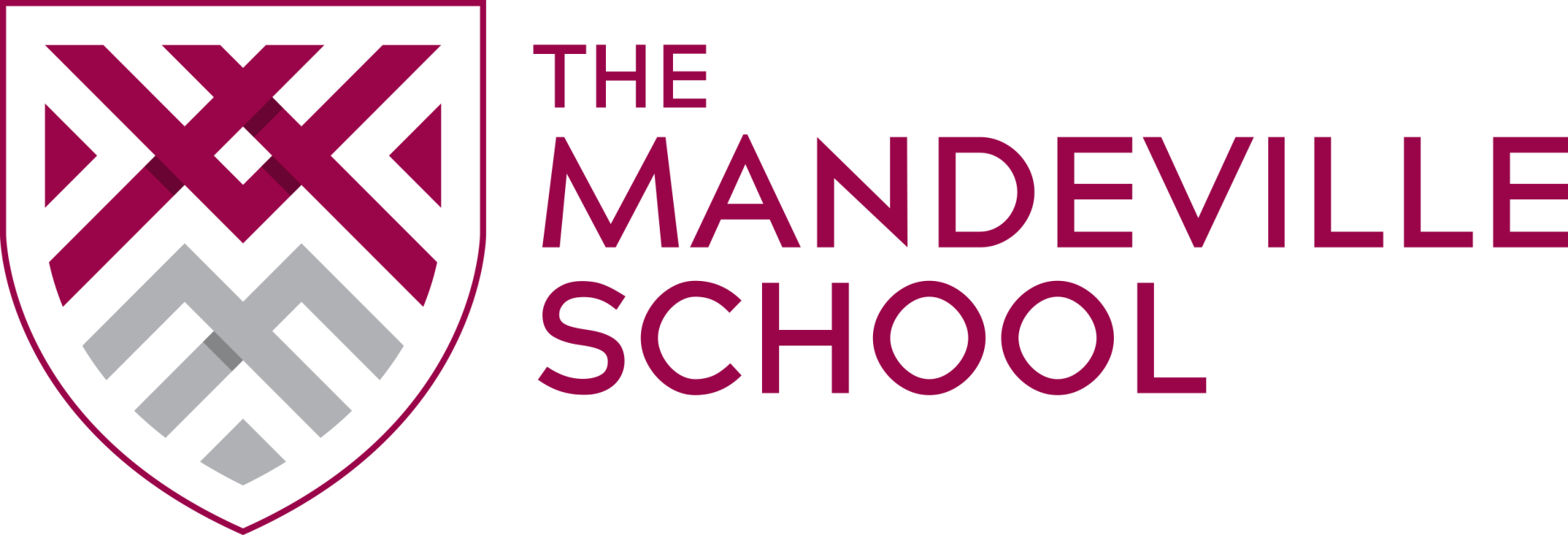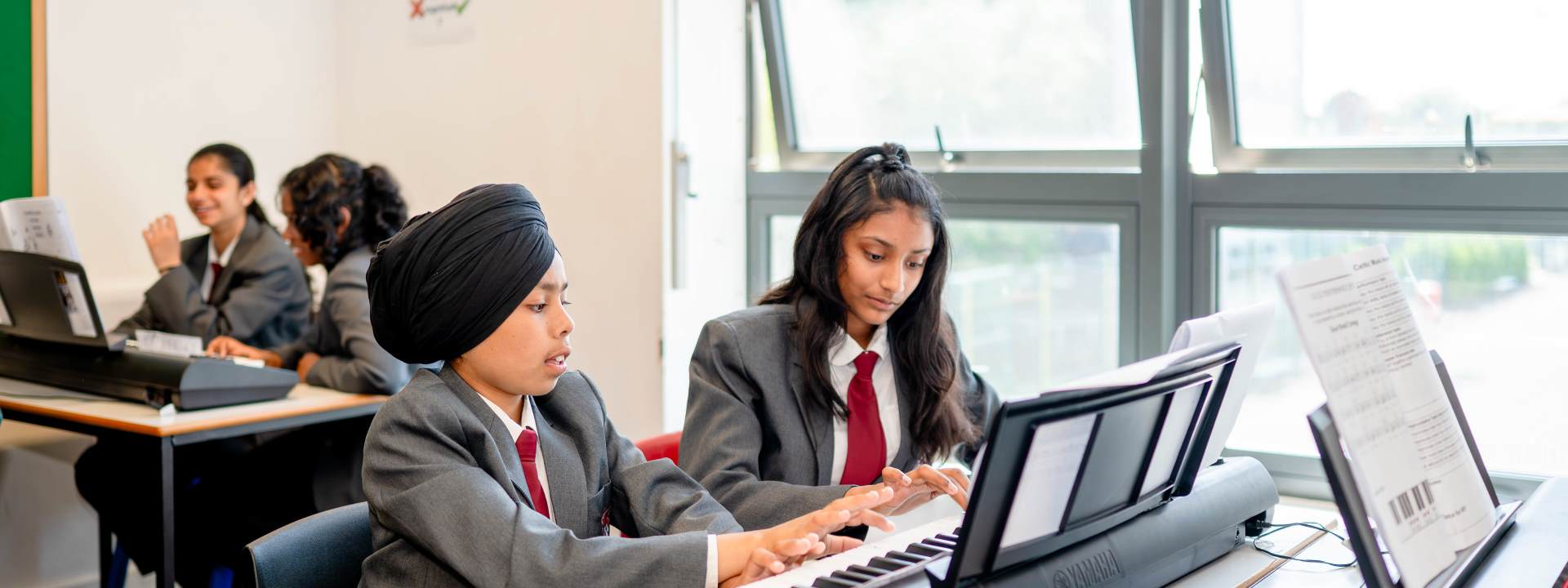TMS Remote Learning
This information is intended to provide clarity and transparency to pupils and parents or carers about what to expect from remote education if local restrictions require entire cohorts (or bubbles) to remain at home.
The remote curriculum: what is taught to pupils at home
A pupil’s first day or two of being educated remotely might look different from our standard approach, while we take all necessary actions to prepare for a longer period of remote teaching.
What should my child expect from immediate remote education in the first day or two of pupils being sent home?
In the first day or two of being sent home, your child will be able to access online learning on Google Classroom for all of their timetabled lessons. For practical subjects, like core PE, they can access an adapted curriculum also via Google Classroom.
Following the first few days of remote education, will my child be taught broadly the same curriculum as they would if they were in school?
Yes, we teach the same curriculum remotely as we do in school wherever possible and appropriate. The curriculum offer is reviewed regularly throughout the remote learning period. However, we have needed to make some adaptations in some subjects. For example, in practical subjects or subjects with a practical element such as Art, Design Technology, Dance, Drama, Music, Physical Education and Science, the offer will need to be tailored to students learning remotely.
If my child does not have digital or online access at home, how will you support them to access remote education?
We recognise that some pupils may not have suitable online access at home. We take the following approaches to support those pupils to access remote education:
If your child qualifies for Pupil Premium funding and does not have their own device or internet access, please email office@mandeville.school .
If your child does not qualify for Pupil Premium funding and does not have access to a device, please contact your child’s Head of Year for more information.
If you are waiting for a device to be delivered or you do not have online access, pupils can collect the printed materials needed by appointment via the school reception. Please email office@mandeviile.school and they will co-ordinate this with the relevant Curriculum Leaders and teachers. Please arrange how work will be submitted or returned (left at reception or posted).
If you have the hardware (e.g. laptop) but need help with data please email office@mandeville.school.
How will my child be taught remotely?
We use a combination of the following approaches to teach pupils remotely:
Our remote teaching approaches will consist of a blend of synchronous (live) and asynchronous (non-live assignments or pre-recorded) learning, which will include the following:
• work, resources and assignments set on Google Classroom.
• some live teaching (online lessons on Google meet)
• loom videos (or similar) will be used to explain new skills, concepts or challenging content.
• pre-recorded teaching (e.g. Oak National Academy lessons)
• printed paper packs produced by teachers (e.g. workbooks, worksheets)
• textbooks and reading books pupils have at home
• commercially available websites supporting the teaching of specific subjects or areas, including video clips or sequences
• long-term project work will be limited, but necessary in KS4&5 BTEC courses and NEAs
We have based our provision on guidance from a range of sources, including Ofsted and the EEF.
Engagement and feedback What are your expectations for my child’s engagement and the support that we as parents and carers should provide at home?
Communicate with school as soon as there are any problems
• Ensure that your child is enrolled in the relevant Google classrooms
• Ensure your child follows their normal timetable in real time (this can be found on ClassCharts)
• Provide your child with an appropriate space and routines to support their education wherever possible
• Communicate with your child regularly about their school work and wellbeing.
How will you check whether my child is engaging with their work and how will I be informed if there are concerns?
•Work will be checked on Google classroom
• Curriculum Leads/ Subject teachers / Staff will make contact with home.
• Tutors will make contact each week if students miss form time.
• Our Heads of Year and pastoral team will contact home if there is a pattern emerging across subject areas.
• Achievement points and behaviour points are issued through ClassCharts, so repeated absence or missed work is responded to swiftly.
How will you assess my child’s work and progress?
Feedback can take many forms and may not always mean extensive written comments for individual children. For example, whole-class feedback or quizzes marked automatically via digital platforms are also valid and effective methods, amongst many others. Our approach to feeding back on pupil work is as follows:
• during live lessons, teachers regularly check for understanding and provide verbal or written feedback
• low-stakes quizzes are used to identify misconceptions
• whole class feedback (written & video)
• comments (written or verbal) on individual work
• progress evenings are continuing remotely as planned
• we will continue to send school reports home as normal
Additional support for pupils with particular needs
How will you work with me to help my child who needs additional support from adults at home to access remote education?
We recognise that some pupils, for example some pupils with special educational needs and disabilities (SEND), may not be able to access remote education without support from adults at home. We acknowledge the difficulties this may place on families, and we will work with parents and carers to support those pupils in the following ways:
• Teachers adapt their curriculum provision to support students with SEND
• During a period of remote learning, all SEND students will be allocated a key worker
• The key workers will be in weekly contact with SEND students – sometimes daily contact is provided
• Our learning assistants regularly attend live lessons with their key students in order to support their learning
• Weekly SEND department meetings will be used to monitor, track and support progress
• If students with special educational needs are struggling to access remote learning at home, either the school or the parents may request for the child to join the alternative provision in school
Remote education for self-isolating pupils
Where individual pupils need to self-isolate but the majority of their peer group remains in school, how remote education is provided will likely differ from the approach for whole groups. This is due to the challenges of teaching pupils both at home and in school.
If my child is not in school because they are self-isolating, how will their remote education differ from the approaches described above?
• Work/ Resources/ Assignments will be set on Google classroom so that pupils have meaningful and ambitious work to complete each day
• In some instances, this may require the child to join ‘live’ via Google meet link so they can access the material being taught in the lesson.
• Where any element of the lesson (for example practical tasks) are not possible to replicate at home, alternative tasks will be provided, but staff will follow the normal curriculum aims as far as possible.








